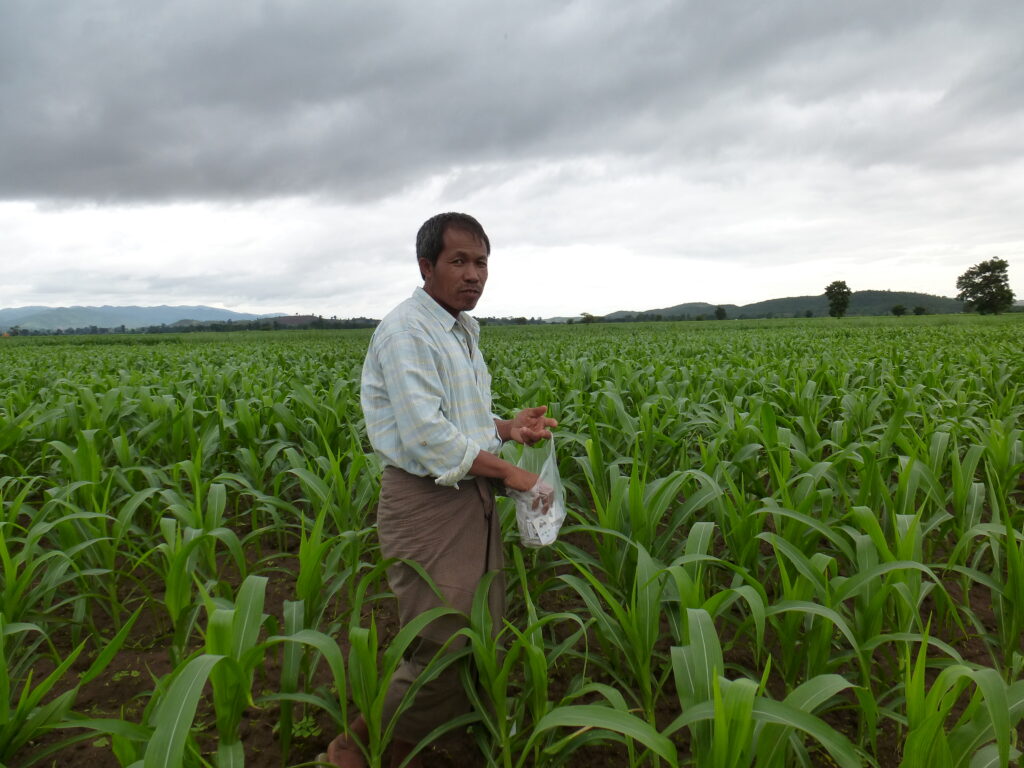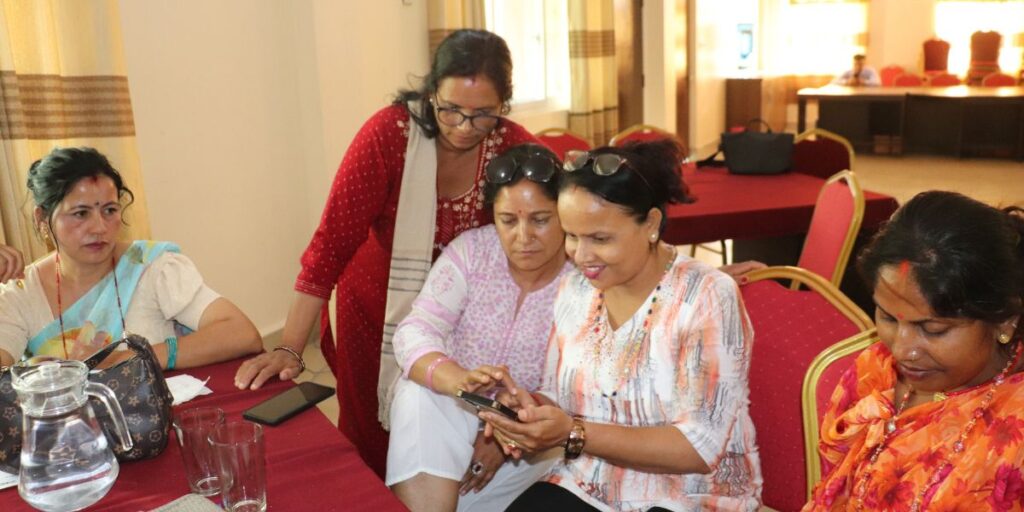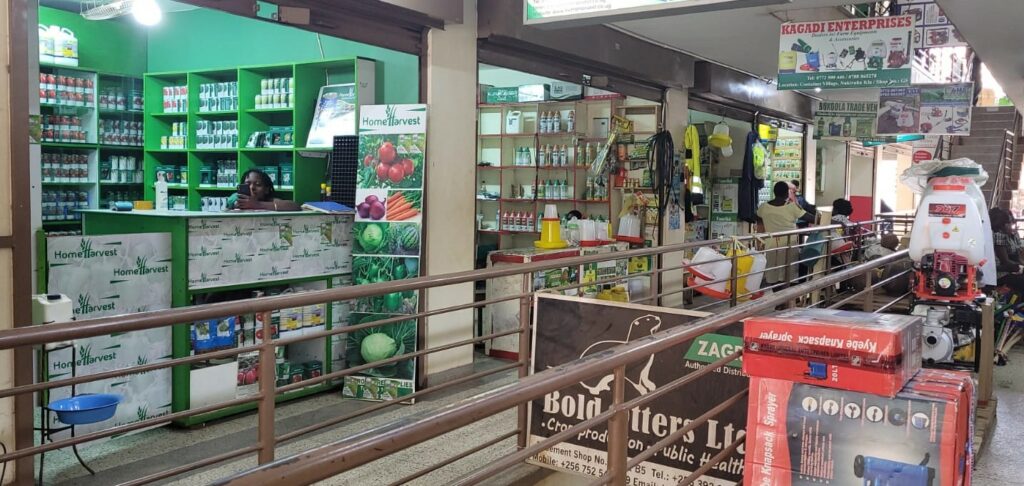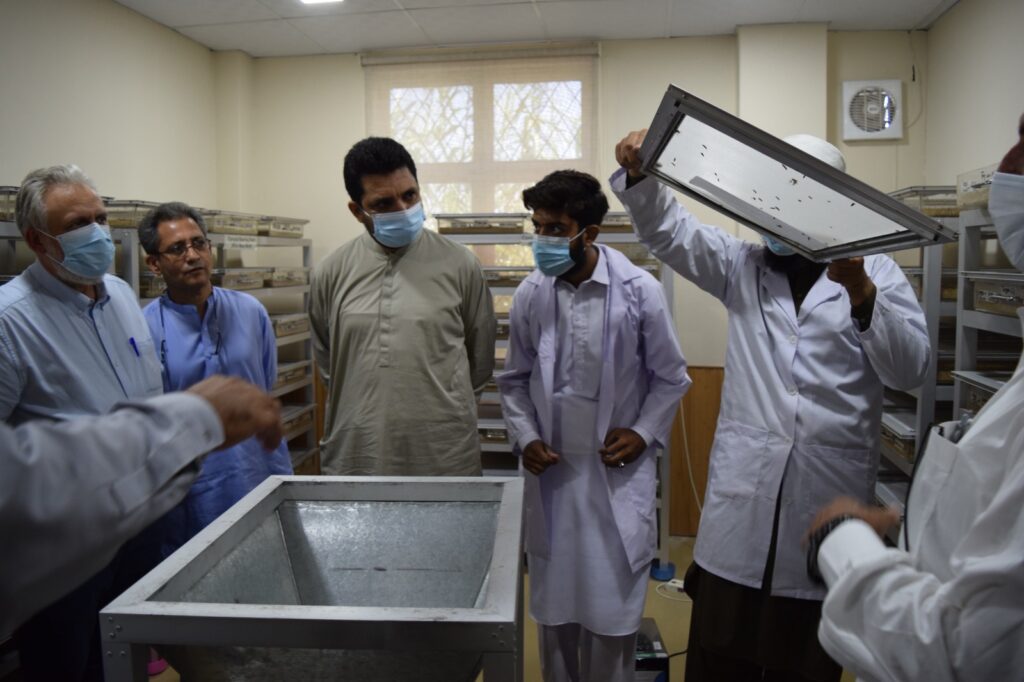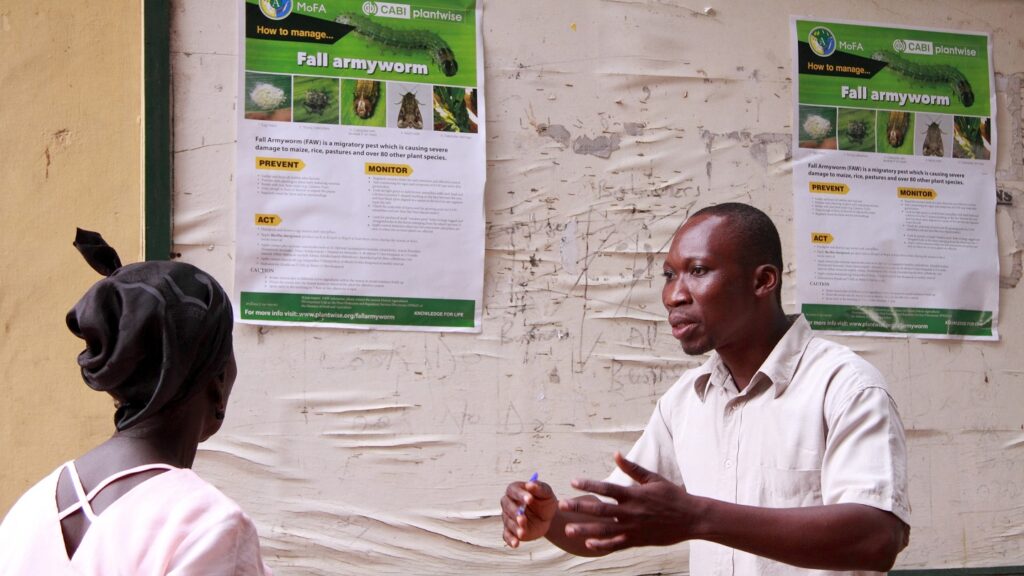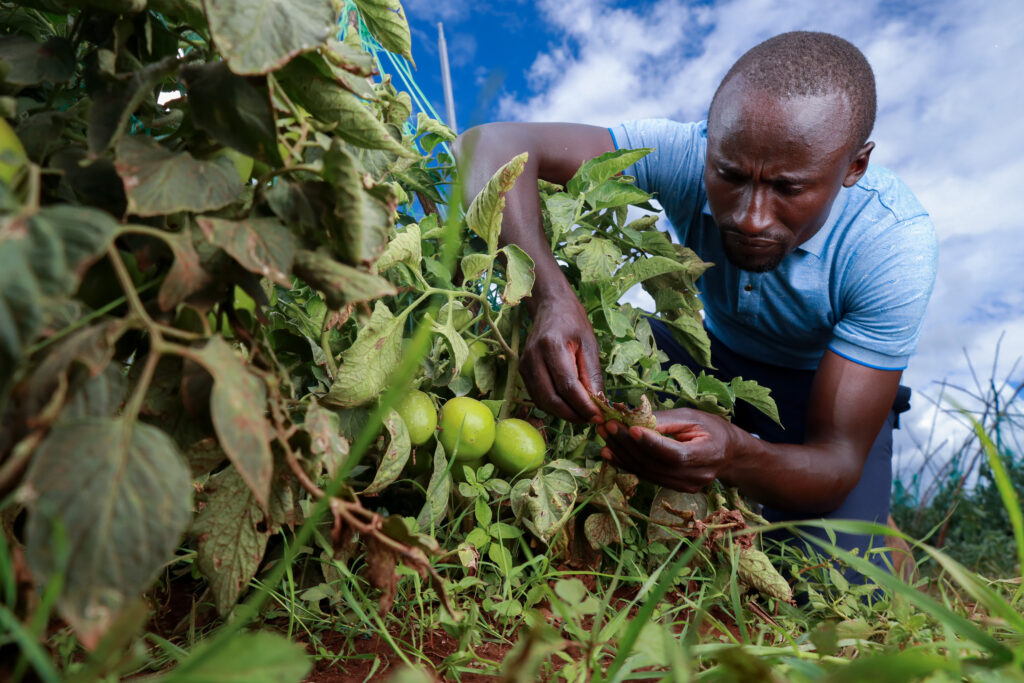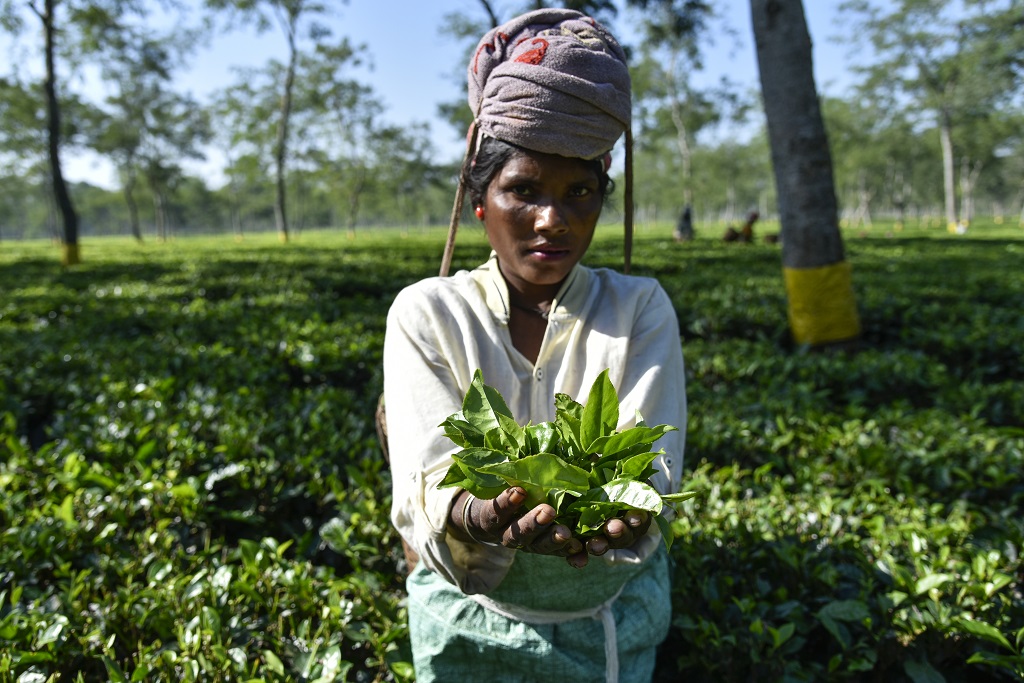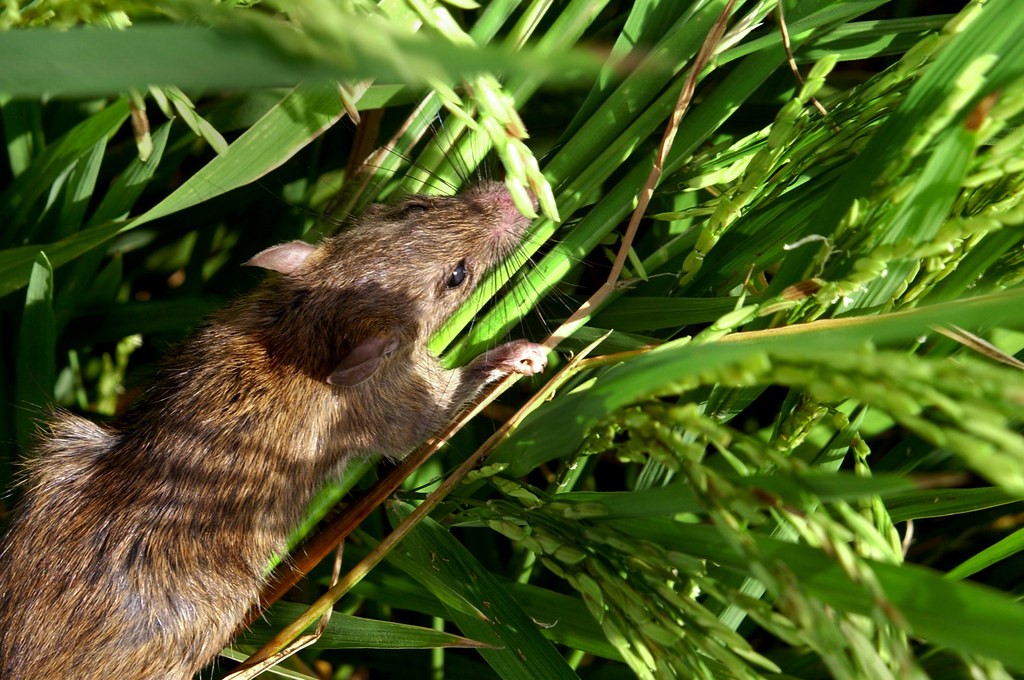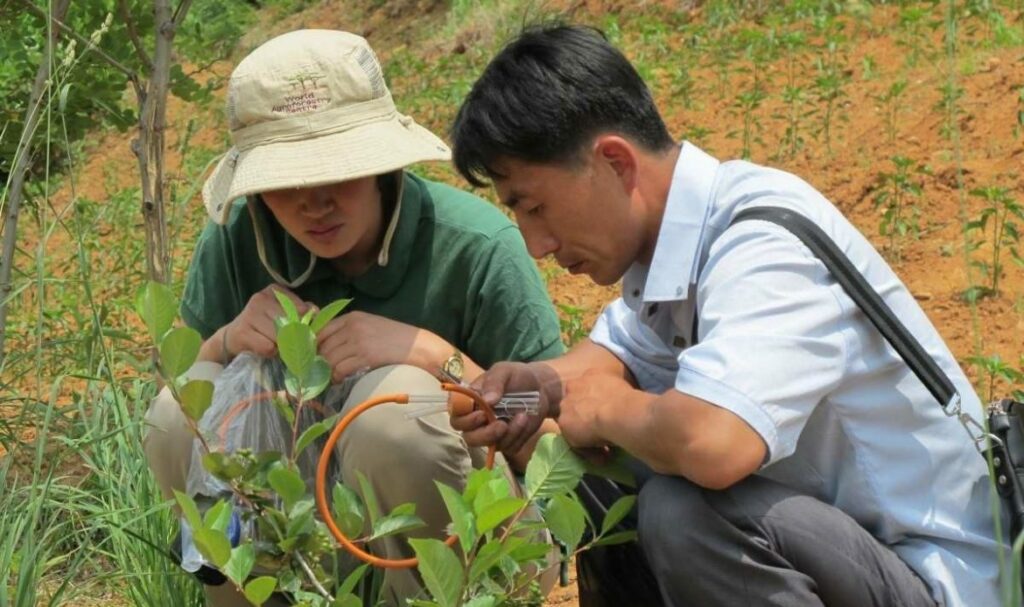Can Uganda’s agro-dealers become champions of sustainable pest control?
The global surge in pesticide use has helped to increase agricultural productivity. However, it has also raised alarms about the risks they pose to health and the environment. In many low- and middle-income countries, agro-input dealers (commonly called agro-dealers) play a central role in supplying farmers with inputs such as fungicides, herbicides and insecticides. They…
Trichogramma mass rearing facilities piloted in Pakistan
Championing sustainable agriculture by promoting lower-risk plant protection solutions to tackle crop health challenges is a key objective of CABI’s PlantwisePlus programme. In particular, the managing of plant pests and diseases. A cornerstone of this work is setting up local facilities for the mass rearing of lower-risk plant protection solutions.
CABI study unearths important lessons for the fight against fall armyworm
A study by CABI contributes important knowledge on fall armyworm (Spodoptera frugiperda). CABI’s research findings suggests that employing more sustainable and environmentally friendly solutions could help mitigate the damaging impacts of the species.
Early pest warnings and IPM advice are improving food security for maize farmers in Ghana
Pest warnings are changing the way that smallholders in Ghana farm. Smallholder maize farmers in Ghana have long grappled with the challenges posed by crop pests. Over the past few years, this has included the notorious fall armyworm. This voracious invader has, in the past, led to significant crop losses. And the losses have impacted…
Pesticides in tea: How can we manage tea pests more naturally, avoiding harmful chemicals?
On International Tea Day, we look at how we can reduce pesticides in tea. Tea is the second most widely consumed beverage in the world, after water. It’s estimated that people drink around three billion cups every day. But tea plantations are under threat from pests, and farmers must find effective ways to stop them.…
Integrated rodent management: rice production
Rodents are a particularly challenging pest in the rice production industry as they are a problem all the way from sowing to harvest. The rice field rat (Rattus argentiventer) causes average losses of 10-20% in rice growing areas. Ranking as the most important non-weed pest in Indonesia for 15 years up until 2000. Integrated Pest…

